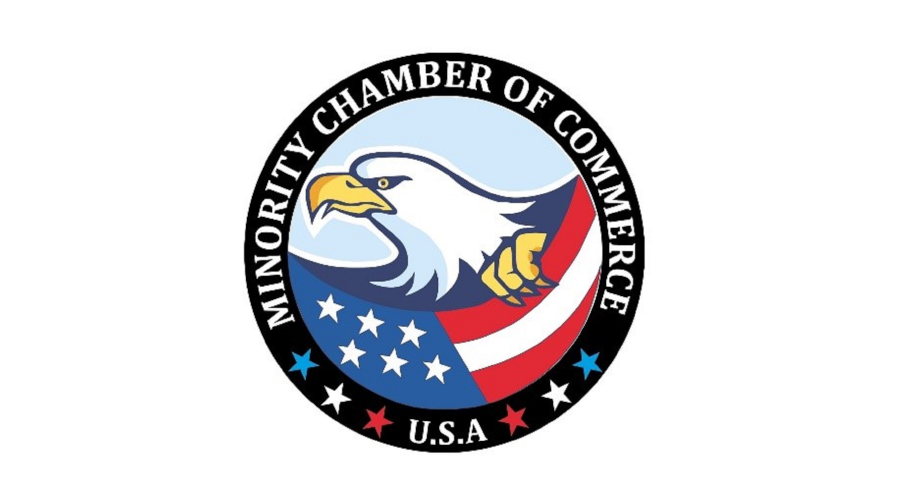By: Doug Mayorga
Small businesses drive economic growth and prosperity – creating jobs and establishing new technologies and ideas that foster innovation and promote competition.
Now, as we conclude National Small Business Week, we must continue to recognize the role small businesses play as the backbone of the U.S. economy and how they will be central to getting our economy back on track on the heels of COVID-19 and reigniting growth in urban and rural communities alike.
Minority-owned small businesses, in particular, have been a driving force in our nation’s economic growth. These businesses have employed and supported the livelihood of millions of hard-working Americans, creating new opportunities in the workforce. Within the last decade, the number of minority-owned businesses in the United States grew significantly – creating nearly five million jobs, comprising more than half of the approximately two million new businesses.
According to a study conducted by the U.S. Census Bureau, the number of Hispanic-owned businesses grew approximately three percent from 2017 to 2018, accounting for nearly six percent of total U.S. businesses. The study also found that the number of Black-owned businesses grew to more than 120,000, while the number of Asian-owned businesses generated total receipts of more than $800 billion. Additionally, American Indian and Alaska Native-owned businesses employed more than 200,000 employees, while Native Hawaiian and other Pacific Islander-owned businesses distributed more than $2 billion in payroll per year.
But the COVID-19 pandemic has inflicted extensive damage on our nation’s economy and has disproportionately impacted communities of color and minority-owned small businesses. Many of these businesses have struggled financially for months, while others have had no choice but to shutter their operations for good.
In the early stages of the pandemic, two-in-three surveyed small business owners agreed that COVID-19 disproportionately impacted minority-owned businesses. According to the survey, minority-owned businesses were also more likely to face difficulties in securing a loan to stay afloat amid the economic crisis. Another study found that more than half of surveyed Black business owners had experienced a revenue decline of 50 percent since the onset of COVID-19. Additionally, Latinx business-ownership declined by 32 percent.
Minority-owned small businesses have been particularly vulnerable to the effects of COVID-19. But thankfully, technology has helped many small businesses emerge from this economic crisis. Imagine the position these business might be in if they had not had access to technological tools and digital platforms. Digital tools helped small business owners adapt by enabling them to pivot to an online business model or reach entirely new markets.
With more and more consumers gravitating towards e-commerce, digital platforms have opened a new world of possibilities for small businesses. Going digital has helped businesses create connections with new consumers, giving them a competitive edge in the marketplace. Some small businesses that have leveraged technology to reach new markets have even seen their revenues rise.
The COVID-19 pandemic has had drastic economic repercussions, and minority-owned businesses were among the hardest hit. However, technological tools provided a critical lifeline to power these businesses during one of the most difficult economic periods in our nation’s history.
Technology will continue to support minority-owned small business and will play a critical role in the revival of these economic engines moving forward. Unleashing technological innovation will only help our businesses grow and thrive in a post-pandemic world. That is why lawmakers must consider policy solutions that strengthen America’s technological innovators and protect our small businesses and our competitive edge.
Doug Mayorga is the executive president and CEO-founder of the U.S Minority Chamber of Commerce.
